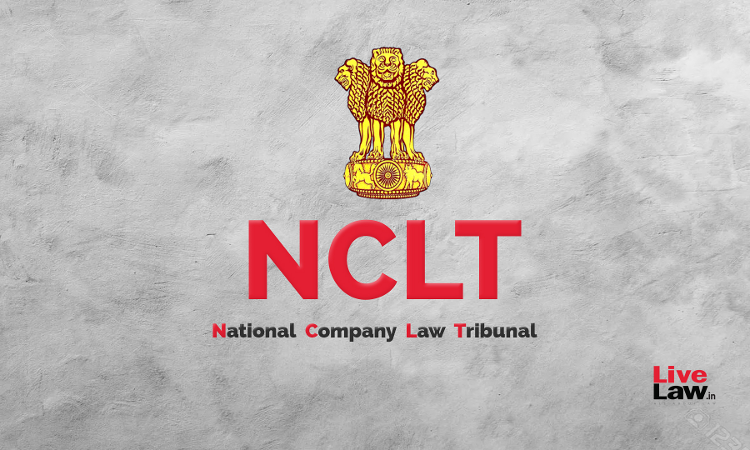Personal Guarantors Of NBFC/FSC Cannot Be Proceeded Against Unless Threshold Of Rs. 500 Cr Is Satisfied: NCLT, Jaipur
LIVELAW NEWS NETWORK
26 Feb 2022 7:59 PM IST

Next Story
26 Feb 2022 7:59 PM IST
The Jaipur Bench of the NCLT consisting of Deep Chandra Joshi, Judicial Member and Raghu Nayyar, Technical Member in the case of Shapoorji Pallonji Finance Private Limited v. Rekha Singh held that Personal Guarantors of Non-Banking Finance Company/ Financial Services Provider cannot be proceeded against unless the NBFC/ FSP satisfies the Rs. 500 crore threshold limit under...
